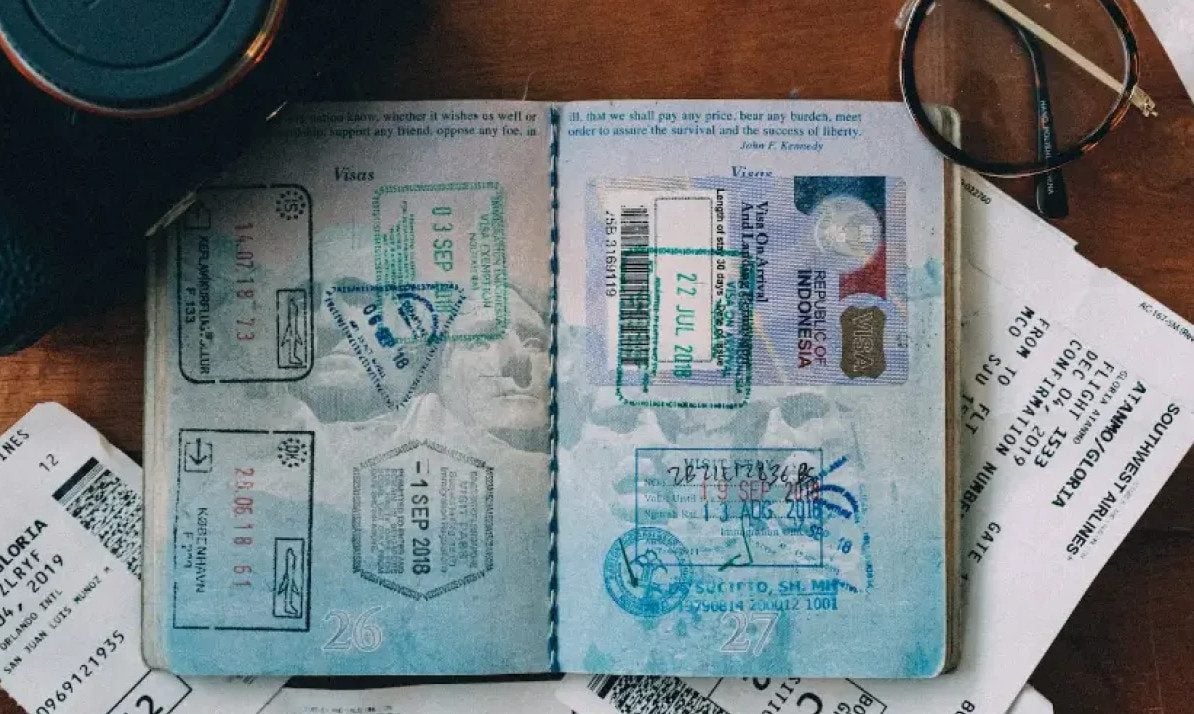Prime Minister Srettha Thavisin has spearheaded a “new generation” of long‑stay visas — including the Long Term Residence Visa, the revamped Elite Visa, the yet‑to‑be‑clarified Destination Thailand Visa, and specialist permits such as the four‑year Smart Visa for those working legally, coupled with income tax concessions.
Visa Reforms: Ambitious but Complex
These reforms are imaginative — and sometimes confusing — arriving alongside improvements for short‑stay tourists. Over 90% of new arrivals will soon receive 60‑day visa‑exempt entry. Updates come from multiple sources — the Cabinet, the Tourism Authority of Thailand, the Board of Investment, and the Immigration Bureau — with no single, centralised hub for all information.
However, many expats are outside these initiatives due to high fees. For example:
- Long Term Residence Visa — retirees must have an income of USD 80,000 annually or make a significant financial investment.
- Five‑year Elite Visa — now costs USD 25,000.
As a result, most expats — including retirees and those married to Thais — rely on annually renewable extensions of stay based on an original non‑immigrant visa.
For a lifestyle perspective on where to base yourself, see What Area in Pattaya Has My Name Written on It?.
Tax Implications for Long‑Stay Expats
Annual visa holders are now concerned about the Thai Revenue Department’s reinterpretation of Section 41 of the tax code. This section — long ignored but now enforced — requires Thai tax residents (anyone spending more than 180 days in a year in Thailand) to:
- Obtain a tax identification number
- File a tax return by March 2025 for income transmitted to Thailand in the 2024 calendar year
If this income was pre‑taxed in a country with a double taxation treaty with Thailand and can be documented, it is unlikely to be taxed again in Thailand. However, the Revenue Department has not categorically confirmed this, and specifics vary across the 61 countries with tax agreements.
For more on how policy shifts can affect investment planning, read Investing in Uncertainty: Why Real Estate Still Wins.
Global Transparency and OECD Compliance
Thailand, along with around 140 other countries, has agreed to share international banking transaction data under the OECD framework to combat tax havens and money laundering. This means relocating to countries like Cambodia or the Philippines is not a viable escape, as they are OECD members too. The concept of banking as a private matter is becoming outdated.
The Revenue Department has also suggested extending the tax net from 2025 to include global income earned by Thai tax residents, whether or not it is transmitted to Thailand. This potential law change is still under consideration.
The Bigger Picture
Prime Minister Srettha has emphasised that “revenue collection is very important” and that the finance ministry is considering additional measures to stimulate the economy. His focus is on larger players exploiting loopholes in Thailand’s tax system — but smaller expats share the same waters.
For insight into how infrastructure and policy shifts shape the Eastern Seaboard’s future, see Pattaya: Still the Beating Heart of Thailand’s Eastern Economic Corridor.
Inspired by: Mr. KC Cuijpers
For more information: Please contact Town & Country Property – [email protected]




